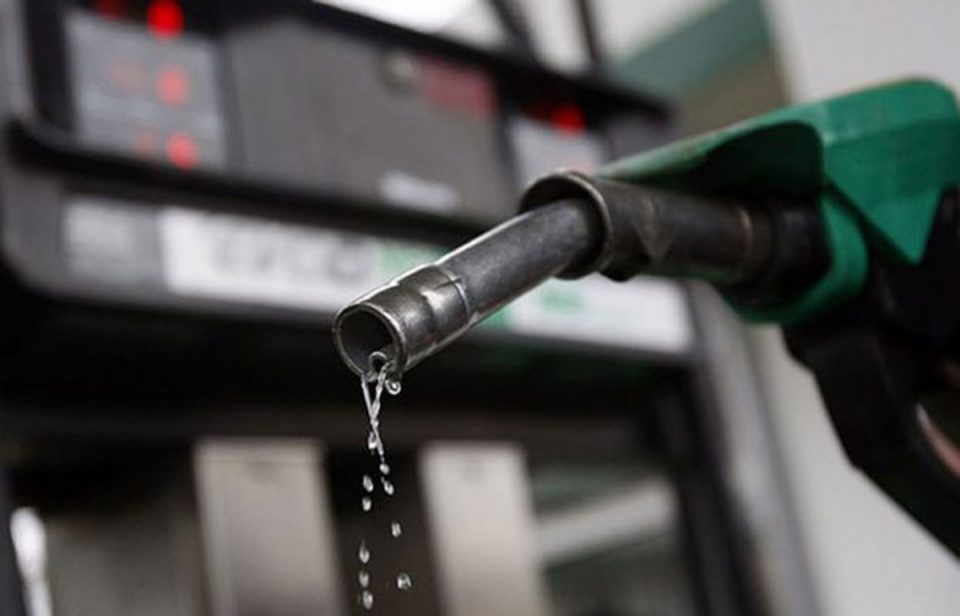- Marketers raise diesel price to N355 – N360
The upturn in global crude oil prices has pushed the landing cost of Premium Motor Spirit (petrol) imported into Nigeria to over N282 per litre.
The further rise in the landing cost of petrol means increased subsidy as the pump price of the product remains steady at N162-N165 per litre.
The landing cost of the product rose to N282.29 per litre on January 20 as the international oil benchmark, Brent crude, jumped to $89.75 per barrel that day from $77.24 per barrel on December 31, 2021.
Brent rose further on Wednesday to $90.22 per barrel as of 5.19 pm Nigerian time, its highest level since 2014.
The sharp rise in global oil prices to record highs has pushed the subsidy cost being incurred by the Federal Government.
Marketers have increased the price of Automotive Gas Oil, also known as diesel, to N355-N360 per litre.
The PUNCH had reported on January 14 that diesel price increased further to N350 per litre in some filling stations in Lagos.
Our correspondent observed on Wednesday that Mobil filling station, along the Lagos-Ibadan Expressway, sold the product for N360 per litre, while Oando, ENYO and Fatgbems filling stations sold it for N355.
The price of diesel, which is not regulated by the government, surged by 60 per cent in one year from an average price of N225 per litre in January 2021.
Diesel is mostly used by businesses, especially manufacturers, to power their generators amid a lack of reliable power supply from the national grid. Many vehicles transporting goods and people across the country also use diesel.
An analysis of data collated by our correspondent showed that without subsidy, petrol would be selling for about N305.29 per litre as of January 20.
The PUNCH had reported on December 23 that the Nigerian National Petroleum Corporation spent a total of N1.16tn on petrol subsidy from January to November, citing data from the corporation.
The subsidy, which the NNPC prefers to call ‘value shortfall’ or ‘under-recovery’, resurfaced early last year as the government left the pump price of petrol unchanged at N162-N165 per litre despite the increase in oil prices.
The Federal Government had in March 2020 removed petrol subsidy after reducing the pump price of the product to N125 per litre from N145 following the crash in oil prices.
The NNPC, which has been the sole importer of petrol into the country in recent years, has been bearing the subsidy cost since it resurfaced.
The Petroleum Products Pricing Regulatory Agency had in March last year released a pricing template that indicated the guiding prices for the month.
The template, which showed that petrol pump price was expected to range from N209.61 to N212.61 per litre, was greeted with widespread public outcry and was later deleted by the agency from its website.
It was based on an average oil price of $62.22 per barrel, and the landing cost of petrol was put at N189.61 per litre.
Based on the PPPRA template and Platts data, the expected pump price of petrol rose to N305.29 per litre on January 20, 2022 from N299.94 per litre on October 8, 2021.
The expected retail price of N299.94 per litre and the current pump price of N162 per litre indicate a subsidy of N143.29 per litre as January 20.
With daily petrol consumption put at about 60 million litres by the NNPC and a subsidy of N143.29 per litre, daily subsidy amounts to N8.60billion.
The rising price of crude oil pushed the cost of petrol quoted on Platts to $837.75 per metric tonne (N260.09 per litre, using the I&E rate of N416.33/$1) on January 20, 2020 from $754.75 per MT on December 31, 2021, with a freight cost of $26.77 per MT (N8.31 per litre).
Other cost elements that make up the landing cost include lightering expenses (N4.81), Nigerian Ports Authority charge (N2.49), Nigerian Maritime Administration and Safety Agency charge (N0.23), jetty throughput charge (N1.61), storage charge (N2.58), and financing (N2.17).
The pump price is the sum of the landing cost, wholesaler margin (N4.03), admin charge (N1.23), transporters allowance (N3.89), bridging fund (N7.51), marine transport average (N0.15), and retailer margin (N6.19).
Analysts at CSL Stockbrokers Limited, in a report on Tuesday, said, “While it remains unclear by how much the commencement of active local refining will reduce the landing cost of petrol, the Chairman of Dangote Group, Aliko Dangote, recently disclosed that the refinery would begin operation in Q3 2022, starting with a capacity of 540,000bpd.
“Nigeria’s daily demand for refined crude oil was estimated at 442,000bps in 2018, which still comes below the proposed initial capacity of 540,000bpd. Many other modular refineries are also expected to come on stream. Beyond a possible reduction in the landing cost of petrol, achieving self-sufficiency in refining petrol will help conserve the country’s scarce FX.”



